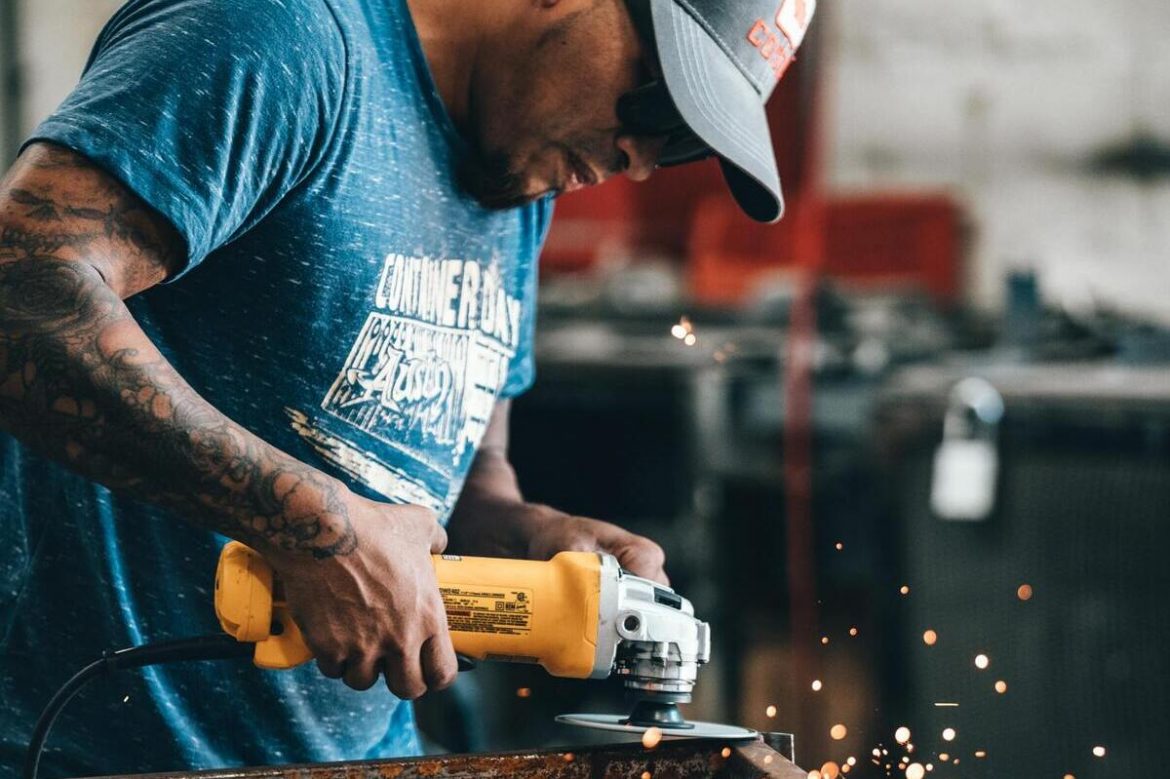by Tom Sine
Recently, we posted an article sounding a warning that recession next is going to hammer Gen next unless we take steps to expand options for Gen Z!
This is a wake-up call that the Pandemic Recession is already having a much more devastating impact on our black and brown neighbors than any prior economic crisis in US History according to the Washington Post.
Waking Up to a Growing Economic Divide
The most current report on the Pandemic Recession to this point reveals that “Hispanic Americans saw the steepest initial employment losses and still have the most ground to catch up to reach pre-pandemic employment.”
The recovery is also spread unequally. “White Americans have recovered more than half of their jobs between April and February. Meanwhile, Black Americans have recovered just over a third of employment lost in the pandemic.” The wealthy have experienced little pain from this recession and many of them could help finance major job training opportunities.
In 2019, before this recession began, “the median income for white families was $69,000 compared with $40,300 for Black families and $40,700 for Hispanic families.”
This Pandemic recession is widening the gap further between white, Black and Hispanic families. Research shows that some of greatest burden of this recession has fallen on mothers. They have become part or full time teachers as well as trying to work. Too many these days are also struggling to provide enough food for their children.
“’There are very clear winners and losers here. The losers are just being completely crushed. If the winners fail to bring the losers along, everyone will lose,’ said Mark Zandi, chief economist at Moody’s Analytics.”
With so many of us, our neighbors, and their families struggling to survive, we need all of our churches to wake up to this opportunity for compassionate creativity. In these turbulent times, it is essential all our churches to join those congregations to shift their attention from a little token charity to creating new forms of serious neighborhood empowerment.
Churches Shifting From Token Charity to Neighborhood Empowerment
As churches are struggling with all the issues about how to gather and meet, there are a few churches in recent years who are part of an epidemic of imagination. A growing number of congregations, who are no longer meeting in their sanctuaries, are activating their church kitchens. They are using their kitchens to prepare school lunches for kids in their community whose families are among those who are struggling to get by.
In recent years, I am discovered a growing number of churches that were choosing to move from a little charity to serious neighborhood empowerment in times like these. For example, a few years ago, the Colonial Church in the Twin Cities sold some of their property for $2 million dollars and wanted to find creative ways to make a real difference in their community. So, they took 20% of the income from the sale to launch ways to achieve real neighborhood empowerment called: Innové that I mentioned in an earlier post. Essentially, Innové was a very imaginative invention to bring lasting change to the lives of those in their communities. It offers a concrete way that many churches could shift from token charity to serous empowerment in this pandemic recession.
Innove was an innovative approach that begins by inviting young people in the Twin cities and their ideas in social change-making to an annual contest. Each year, the winning team was given money from the property sale to help them launch. They also had a support team of business professionals from the church who volunteered their time to help them launch.
The first year winner was Leah and her launch team. They became increasingly concerned that major sectors in the poorer neighborhoods were “food deserts”, where there were virtually no grocery stores. Those that did exist were often very expensive with no fresh produce. Leah and her team used the money they received to purchase an old school bus. That was the beginning of the Mobile Market. They filled their bus with a selection of reasonably priced food and fresh produce. With the help of their business support team, they not only successfully launched but they purchased 3 more buses. The last time I heard, many people in underserved neighborhoods in the Twin Cities were very grateful for Leah and her team of young innovators for this highly valued social innovation. (Taken from “Live Like You Give A Damn: Join the Changemaking Celebration” by Tom Sine)
Could your church join those congregations that are creating ideas for local change-making in your neighborhood? Your church might even come up with innovative job training programs to enable all of your neighbors particularly focusing on those of color to become employed again. Can you imagine the lasting difference your church could make in the lives of your neighbors as we all struggle to find our way out of this harsh Pandemic Recession? Do share any examples your church creates. We would love to share some of the new ventures you are creating with our other readers.

